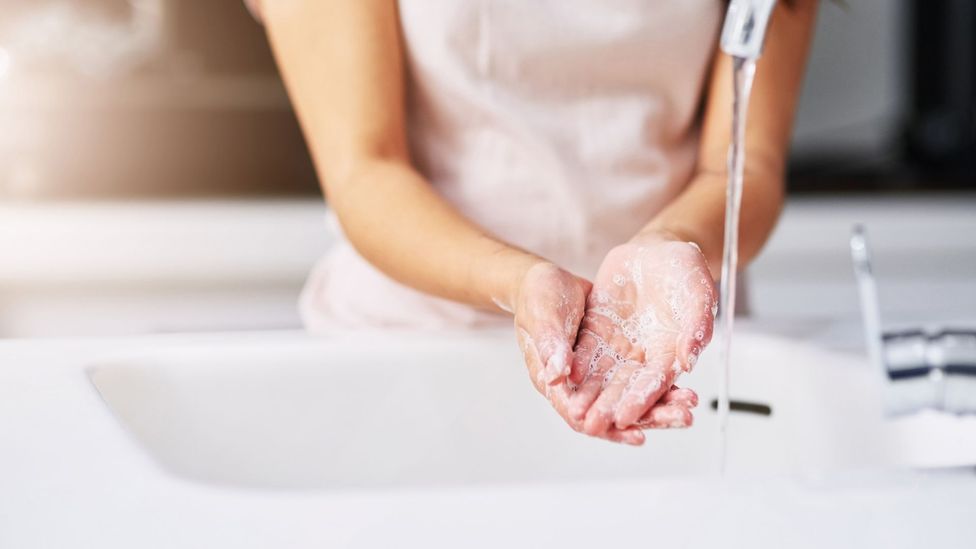Contrary to popular belief, soap does not kill bacteria or germs or viruses. It pulls them away from our skin and clears them which makes our hands safe to use. In the past few years, the importance of hand hygiene has increased drastically. More and more people are now aware of the germs on their hands and do everything in their power to keep them away. One of the biggest ways of keeping your hands germ-free remains hand washing.
Hand washing has always been important in homes and at schools. You must remember your parents teaching you how to wash your hands and how to keep rubbing soap on your hands for more than just a couple of seconds. It’s all got to do with the science behind soaps. Owing to the pandemic that struck the world in 2020, hand washing took absolute importance. Today, touching unknown surfaces and people can be dangerous. Hence, we must rely on the handwash to keep us germ-free.
But how does a handwash work?
A handwash is basically liquid soap. It consists of detergents surfactants that are responsible for germ killing. Soaps contain long pin-like molecules that contain a hydrophobic end and a hydrophilic end. These molecules with their similar ends come together to form a spherical molecule called a Micelle.
The hydrophilic ends like water whereas the hydrophobic end sticks to oil and dirt, thereby lifting it as water rushes down our hands. Most ge rms and bacteria stay on the hand and contain membranes through which they feed off. Micelles stick between these membranes and pull them apart, leaving our hands clean and healthy. This is the main reason why handwashing with soap works much better than handwashing with only water.
Only using water to wash hands can never wash away grease and oil completely as oil and water do not dissolve. Hence you need a handwash to do what water cannot do. For a handwash to effectively remove germs and provide all-around protection, it is important that there is ample water and handwashing time. One must rub the handwashing soap for at least 20-30 seconds and spread the soap diligently on every surface and crevice of their hands so that the pin-shaped molecules do not miss any germs or dirt!
Which is the best handwash?
There are a great number of high-quality handwashes in the market today. You must make sure to buy a handwash that guarantees 99.9% per cent germ protection. Additional features to look out for are fragrance, mildness, skin conditioners and natural ingredients.
Savlon Hand washes are top quality germ-preventing hand washes that protect hands from 99.99% germs and almost 100 other diseases and viruses like H1N1 and Rotavirus. Fiama Di Wills has a range of exceptional smelling hand washes that are gentle on the skin, exquisite-smelling and yet guarantee 99.9% germ protection.
According to the World Health Organisation and the Centre for Disease Prevention, handwashing is the primary way of keeping your hands clean and staying away from viruses and germs. It is important to use handwashes as often as possible and especially while visiting public places, touching unclean surfaces, meeting people, visiting a sick person, petting a dog, using the toilet and while taking out the garbage. When water is scarce, especially outdoors, a hand sanitiser is a great alternative to a hand wash. However, it must be noted that the primary and most preferred method of cleaning your hands remains handwashing and it’s all because of its exceptional germ-cleaning qualities!

